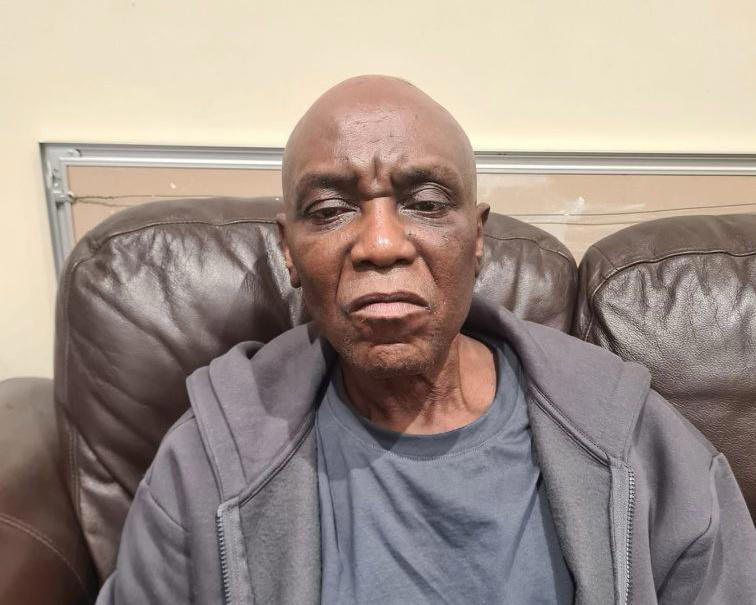A disabled Nigerian man who has lived in Britain for nearly four decades has won a long-running legal battle to remain in the country, overturning Home Office efforts to deport him.
Anthony Olubunmi George, 63, arrived in the UK in 1986 at the age of 24 and has never returned to Nigeria. He has no criminal convictions but suffered two strokes in 2019, leaving him with lasting speech and mobility difficulties.
When George first came to Britain, Margaret Thatcher was prime minister. Since then, he has lived through ten premierships, with Keir Starmer now the tenth to hold office during his time in the country. Despite nearly four decades in the UK, George has endured repeated spells of homelessness, often depending on friends for shelter. “I don’t know how many different sofas I’ve slept on, too many to count,” he said. He added that he no longer has any close family in Nigeria, making Britain the only home he knows.
George repeatedly applied for leave to remain, but his applications were rejected by the Home Office. In one rejection, officials told him: “It’s open to your family and friends to visit you in Nigeria.”
The immigration tribunal judge who granted his appeal noted that George’s previous solicitors had submitted a forged passport stamp in 2005, without his knowledge, causing years of complications. That solicitor has since been struck off. The judge also highlighted George’s reluctance to seek medical care due to fears about his immigration status, saying: “It is unfortunate that the appellant went on to suffer two cardiovascular attacks having refrained from going for health checks.”
Read Also:
MPs warn of surge in online abuse amid immigration tensions
Immigration in chaos: What Britain must do now
Hundreds detained in immigration raid at Hyundai battery plant in Georgia
Speaking after the ruling, George said he was overwhelmed with relief:
“I’m so happy I don’t know what to say. My life has just begun again. Before I didn’t have hope, but now by God’s grace I can move forward with my life.”
His current lawyer argued that poor legal representation had played a major role in prolonging his case.
“My client has been living in limbo for almost 40 years, has suffered two strokes, and has no family left in Nigeria. This was not only the result of Home Office policies but also of previous solicitors who failed to uphold professional integrity and ethical standards.”
The lawyer added that repeated applications to have the Home Office review the matter without a full hearing were ignored. “Despite our several applications, the Home Office refused again and again, forcing the matter to go to court. I am overjoyed with the decision. He has waited for it for almost four decades.”
A Home Office spokesperson said:
“We respect the decision of the immigration tribunal in this case. While we do not routinely comment on individual cases, the government remains committed to a fair and compassionate immigration system that balances the rights of individuals with the need to maintain control of our borders.”
For George, the ruling ends a lifetime of uncertainty and opens the door to stability in the country he has called home since the 1980s.



